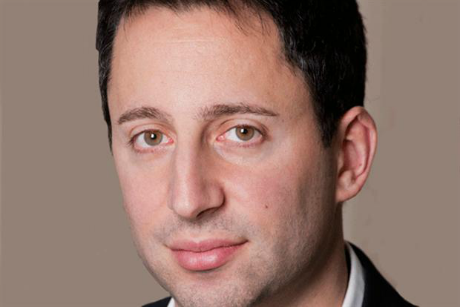Steve Rubel, the head of content for Edelman, one of the world's biggest PR agencies, argued recently that marketing needs to shift from a "message mindset" to a "content mindset" if it is to turn content into a meaningful marketing strategy that can resonate with consumers.
I couldn’t agree more, and I think that there are some basic principles that all brands need to follow to make the shift.
Effective content planning needs to start with a detailed understanding of the content that your audience is already consuming. This provides a useful snapshot of their true interests, needs and concerns, and where gaps in this content exist for your brand to establish a role as a valued content-provider. Part of the great value of social-media platforms is that they show (through comments, discussions and forums) exactly what your audience thinks about it.
Secondly, you know what the position and vision for your brand are – but can you translate this into how your brand sees the rest of the world? Many of the most successful content-marketing executions involve sharing items that do not relate directly to your business, but which you know your audience will care about – and which provide an opportunity to demonstrate your affinity with them. But to do this effectively, you first need a sense of what your brand believes.
Frequency of contact is another challenge; this emerged as one of the main themes at Cannes this year. In an increasingly "connected" world of 24/7 media, brands need to produce content a lot more quickly – and a lot more frequently – than they do other forms of marketing. This requires a recognition that content can take many different forms and involve many different levels of budget, in order to be deliverable when and where necessary. The solution may involve working closely with content providers, as Citi does with Women & Co for the LinkedIn Managed Group, Connect: Professional Women’s Network.
The need for rapid content-production and distribution also means that organisations have to develop purpose-built processes and structures to be effective. This involves having somebody in control of social-media channels who is qualified to interpret the brand position quickly and reliably when it comes to content. And it often involves developing long-term partnerships with agencies and building a level of trust that can enable such immediate content responses as Oreo’s famous Super Bowl tweet.
Lastly, and most importantly, to truly engage you need to look beyond your organisation. The most effective content-marketing teams are as focused on consuming relevant content as they are on creating it; after all, the value of shared content can be just as great as that of the content you create yourself.
Josh Graff is director, Europe, Middle East & Africa, LinkedIn. This article first appeared on www.marketingmagazine.co.uk

